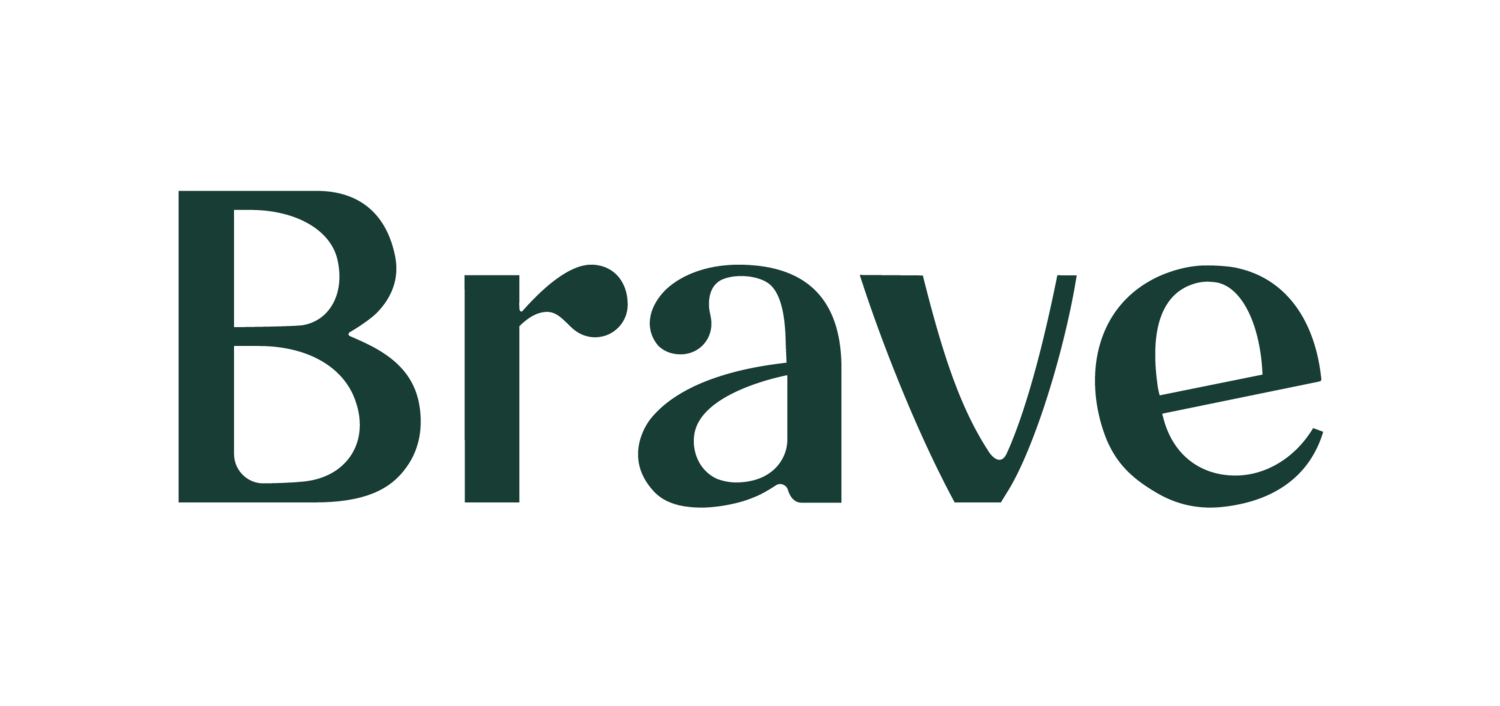Why Good Changes Can Still Feel Hard
Culturally, we love stories of transformation—the “happily ever after,” the big career leap, the glow-up. But we don’t talk nearly enough about how change—even good change—can feel destabilizing.
Here’s why that happens:
Transitions involve loss, too. Gaining something new often means letting go of something else, whether it’s independence, familiar routines, or old identities.
Your nervous system prefers the familiar. Even when the familiar isn’t perfect, it feels “known,” and our brains love what they know.
Old coping patterns get triggered. The parts of you that learned how to survive difficult seasons often wake up when you face something unknown.
So if you’re feeling both excited and unsettled, you’re not doing anything wrong. You’re human.
Common Life Transitions That Stir Up the Past
While any change can be a trigger, here are a few especially common ones we see in therapy at Brave:
Getting engaged or married: Brings up attachment patterns, family-of-origin dynamics, and identity shifts.
Starting or leaving a job: May activate old narratives around worth, purpose, success, or failure.
Pregnancy and parenthood: Can surface unresolved experiences of how we were cared for—or not cared for.
Moving homes or cities: Reminds the nervous system of times of instability or separation.
Loss of a loved one: Often reawakens earlier grief or fear of abandonment.
Graduation or major milestones: Can bring feelings of pressure, fear of the future, or a sense of disconnection from the past.
These transitions are tender. They hold both hope and complexity.
When Emotions From the Past Show Up in the Present
You might notice signs that feel “out of proportion” to what’s happening:
Sudden waves of anxiety or sadness
Feeling disconnected or numb
Old self-critical thoughts resurfacing
Irritability or withdrawal from people you love
A sense of “I thought I was past this”
What’s really happening is that your nervous system is trying to keep you safe in the only ways it learned how. These emotional echoes are not a step backward. They’re evidence of how deeply your past experiences shaped your sense of safety.
Healing Isn’t About Erasing the Past — It’s About Integration
One of the biggest misconceptions people carry is that healing means never feeling triggered again. In reality, healing looks more like this:
Recognizing when something old is being activated
Learning how to soothe yourself or reach out for support
Gaining clarity about what belongs to the past and what belongs to the present
Creating new patterns that align with who you are becoming
Big life transitions give us a unique chance to integrate—not erase—our histories. The goal isn’t to avoid discomfort; it’s to meet it with understanding, compassion, and new tools.
How Therapy Can Help You Navigate Change
Navigating emotional triggers alone can feel overwhelming. This is where therapy can be an incredibly supportive space.
At Brave, we often work with individuals who are in the middle of life transitions: engagements, moves, career shifts, family changes, and more. Together, we explore:
The story your emotions are telling
How your past might be shaping your current reactions
Practical skills to regulate your nervous system
How to create space for both excitement and grief
How to move forward feeling more grounded, not stuck
Therapy doesn’t take away the uncertainty of change—but it can help you feel more steady inside of it.
A Gentle Reminder: You’re Not “Too Sensitive” — You’re Human
If you’ve found yourself feeling “too emotional” or like “you should be over this,” please know this: sensitivity is not a flaw. It’s a sign that your body remembers.
Every big transition is layered with old stories, new hopes, and the in-between space of becoming someone slightly different. That’s powerful work, and you don’t have to do it alone.
Ready to Begin?
If a big life change is stirring things up for you, Brave can help. Our therapists in Grand Rapids provide a warm, compassionate space to process the past while navigating the present.
Meet our team and schedule a free consultation to find the right fit.
Your next chapter doesn’t have to be written in silence.
